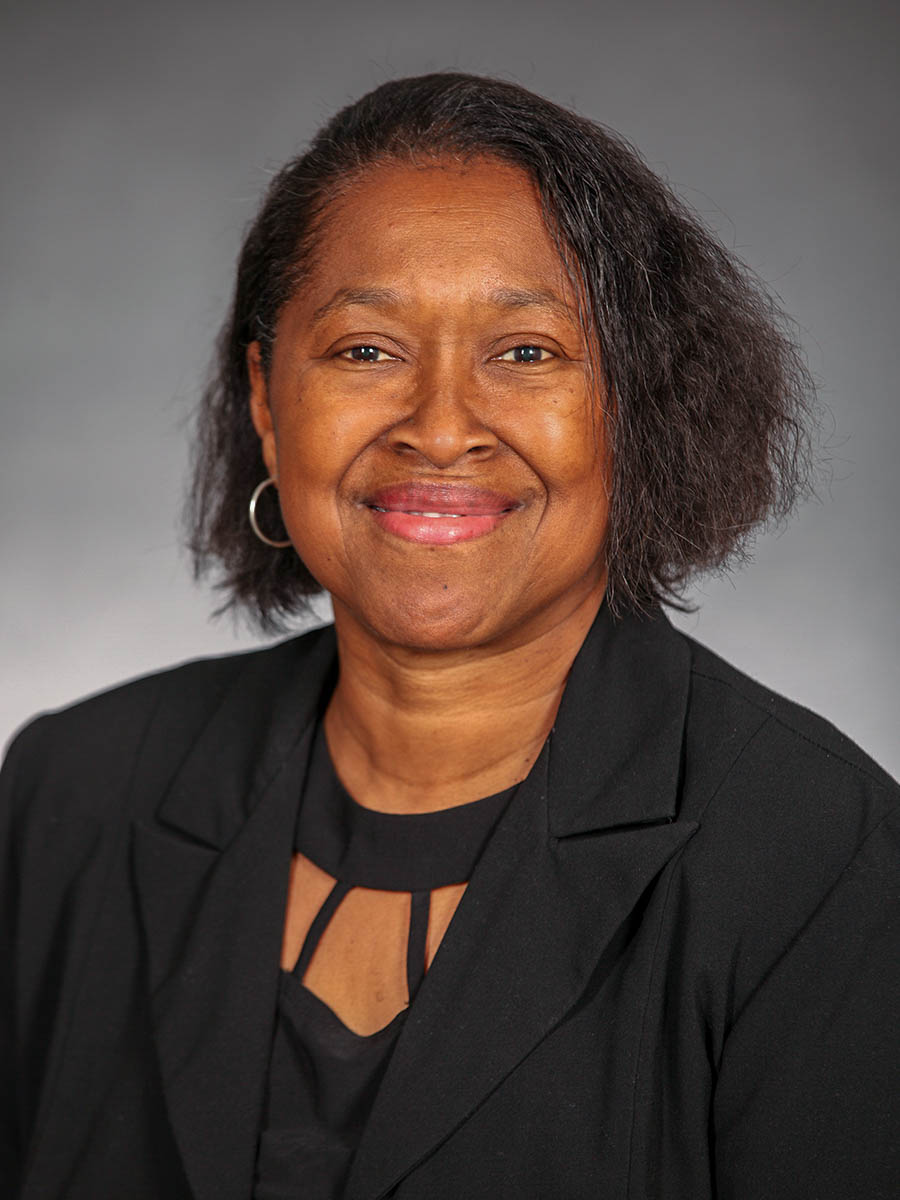 Mission
Mission
The mission of the Community Health and Wellness Institute is to address health disparities in southeastern NC to improve health and life outcomes for individuals, families, and communities and to promote a well-diverse healthcare workforce through the support of the development of team-based care models, identification of new academic programs needed, enhanced field placement clinical partnerships, interprofessional education, continuing education for area healthcare providers, conducting research, and focusing on community engagement.
Purpose
The institute was established to foster partnerships between the university and the community and through the collaborative efforts, it focused on and implemented its eight priorities: 1) Coalition for Health, 2) Makerspace, 3) Careers in Wellness, 4) Life Skills Development Curriculum in Public Schools, 5) Speaker Series, 6) Academic Service-Learning Opportunities, 7) CARE Resource Center Expansion, and 8) Collaboration to Address Mental Health in Robeson County.
Vision
The vision of the Community Health and Wellness Institute is that it serves as a vehicle for partnerships and collaborative efforts and the promotion of health and wellness that leads to social change that addresses the entrenched drivers of poor health.
History
BCBSNC funded the startup of the Community Health and Health and Wellness Institute of Southeastern NC to accomplish the stated mission by creating an entity with a networked improvement goal to create solutions to long-standing problems through programming partnerships between the university and the community. The initial work has been guided by the Results-Based Accountability (RBA) approach. RBA is a disciplined way of thinking and taking action that communities can use to improve the lives of children, families, and the community as a whole. RBA is a seven-step process that moves a group from talk to action, starting with ends and working backward, step by step, towards means:
Step 1: What are the quality of life conditions (results) we want for the children, adults and families who live in our community?
Step 2: What would these conditions look like if we could see or experience them?
Step 3: How can we measure these conditions (indicators)?
Step 4: How are we doing on the most important measures, getting better or worse?
Step 5: Who are the partners that have a role to play in doing better?
Step 6: What works to do better, including no-cost and lost-cost ideas?
Step 7: What do we propose to do?
The Institute supported partnerships leading to social change that addressed the entrenched drivers of poor health. While collaborating with numerous community partners, the Institute focused on and implemented its eight priorities.
Priority1 - Coalition for Health Focused on working with community partners to improve health in addressing several of the Healthy NC 2030 selected health indicators while improving the health and well-being of families and communities.
Priority2 - Makerspace The Makerspace was intended to serve as the Health Sciences Center for Innovation and Creativity. Funding was re-directed towards additional supplies and equipment for the two mobile health units, serving as an innovative laboratory, clinical, and educational space to meet the health care needs of rural and underserved communities.
Priority3 - Careers in Wellness UNCP worked with Health Career Connection (HCC), a national non-profit program that connects health sectors with talented and diverse future health professionals and leaders, especially those from under-represented and disadvantaged backgrounds to choose and pursue healthcare and public health careers.
Priority4 - Life Skills Development Curriculum in Public Schools In collaboration with the Public Schools of Robeson County, Robeson Community College, and the Lumbee Tribe of NC, UNCP’s Community and Civic Engagement (CCE) Office developed a volunteer-based life skills development curriculum and implemented in schools and community-based youth agencies.
Priority5 - Speaker Series Focuses on developing and implementing a speaker series about inter-professional education featuring nationally recognized experts in team-based care, technology and health care, and the social determinants of health culminating in an annual symposium.
Priority6 - Academic Service-Learning Opportunities Service learning is a teaching and learning strategy that incorporates meaningful service into course curriculum to enhance student learning and community engagement. Faculty/staff of CCE and the CHS developed service-learning opportunities, with strategies to include identifying and supporting a CHS faculty fellow and other faculty in service-learning.
Priority7 - CARE Resource Center Expansion The CARE Resource Center is UNCP’s on-campus food pantry and professional clothing closet, open to students, faculty, staff, and community. The Center offers educational workshops in collaboration with academic service-learning courses to inform the public about basic life skills topics and identifying and leveraging community resources. CHS efforts were assisting with expansion and support of the Center.
Priority8 - Collaboration to Address Mental Health in Robeson County Aimed to address mental health disparities in Robeson County through continued coalition development, community engagement, completion of a mental health service gap analysis, and financial sustainability. The CHS focused on continuing coalition building with organizations that helped address and respond to gaps in service and support ongoing mental health concerns including the high rates of substance misuse in the county. Efforts were made to assist existing programs and promote prevention and education and awareness measures.
